Oklahoma tribes’ Freedmen descendants hopeful for increased care by Indian Health Service
Jackson Perryman, great-grandfather of Sharon Lenzy-Scott, was an original Dawes enrollee. Perryman’s father, Sandy Perryman, came to Indian Territory about 1829. (Provided)
Freedmen descendants in Oklahoma tribes are hoping to see an increase in healthcare access and eligibility by the Indian Health Service.
One Freedmen activist group is continuing the battle for equal healthcare access and citizenship rights, while Seminole Freedmen first denied healthcare from their tribal clinic were declared eligible this month by Indian Health Service (IHS).
The directive to serve Seminole Freedmen came after IHS denied COVID-19 vaccines to Freedmen descendants.
“Personnel at the Wewoka clinic and other IHS facilities in Oklahoma have been informed they should provide services to Seminole Freedmen who present at their clinics and hospitals,” an IHS statement reads.
Freedmen descendants are descended from emancipated slaves who were owned or intermarried with the Five Tribes — Cherokee, Choctaw, Chickasaw, Muscogee (Creek) and Seminole — whose societies included enslaved and freed African-Americans.
Freedmen activist group Muscogee Creek Indian Freedmen Band has a lawsuit pending in the district court of Muscogee Nation for recognition as citizens of the tribe, an effort to restore rights to citizenship which includes access to healthcare owed to all tribal citizens.
“Three judges have recused themselves” from the case against Muscogee Nation, Band leader and founding member Rhonda Grayson said. They await a judge assignment.
Grayson, who is of Muscogee and Chickasaw Freedmen descent, said the group and others have worked with U.S. Rep. Maxine Waters (D-Calif.) and her staff on the Freedmen issue. Waters is leading efforts to hold tribes accountable in honoring the 1866 treaty.
Proposed language in House Resolution 5195 would require the government to withhold housing funds from tribes violating 1866 treaties giving Freedmen tribal citizenship, Grayson said.
The group is also working with U.S. Rep. Danny Davis from Illinois’ 7th district on HR 4637, legislation calling on the U.S. to sever ties with Muscogee Nation until it restores Freedmen descendants’ rights.
Cherokee and Seminole Freedmen descendants are eligible for care at all IHS facilities, Rear Adm. Travis Watts, Oklahoma City Area Indian Health Service director, said in a statement.
“All new patients and those re-establishing their care within an Indian health systems healthcare facility are required to provide documentation to prove they are enrolled in or descended from a federally recognized tribe,” Watts said.
Chickasaw Nation was the only tribe of the Five Tribes that refused to acknowledge Freedmen as citizens, as a result of the 1866 treaties with the United States. Chickasaw Freedmen were never granted citizenship, and would be ineligible for IHS services because they cannot prove membership or descent.
Choctaw and Muscogee nations reorganized under Oklahoma’s Indian Welfare Act more than 30 years ago, disenrolling Freedmen from being tribal members.
Cherokee Nation remains the only one of the Five Tribes fully recognizing Freedmen descendant citizens, following the 2017 ruling Cherokee Nation v. Nash. Seminole Nation does enroll Freedmen descendants, but they don’t receive full benefits of citizenship.
Cherokee Freedmen descendant Marilyn Vann — president of the Descendants of Freedmen of the Five Civilized Tribes Association — said intertribal discussion about Freedmen inclusion is a complex topic, part of history some would rather omit.
Muscogee Creek Indian Freedmen Band member Za Smith, who is of Muscogee, Chickasaw and Choctaw Freedmen descent, said a lack of education on the Freedmen’s contributions to tribes isn’t the only thing at issue: a history of having to fight for limited resources in minority communities is a factor in keeping Freedmen and Indigenous folks at odds.
“I absolutely don’t agree with the tribes not allowing Freedmen into the tribes, but I do understand it’s hard for the tribes to overcome their fear of having to share limited resources and choose to embrace others,” Smith said.
Smith said she’s the first person born in her family who wasn’t born into slavery or apartheid, legal segregation in the U.S.
The idea of history being far removed is simply untrue, Smith said.
Sharon Lenzy-Scott, who is descended from Muscogee and Cherokee Freedmen and is a member of the Muscogee Freedmen Band, said she doesn’t understand “oppressing” people whose ancestors were part of the removal period.
“They are oppressing the people that were actually helping them at that time,” Lenzy-Scott said.
Lenzy-Scott started her advocacy for Freedmen fighting for Muscogee citizenship from her maternal side.
Lacking societal understanding on how intertwined histories of African and Indigenous peoples really are, Smith says, is important for America to remember.
“Black people in America have inspired movements across this globe when it comes to freedom and human and civil rights,” Smith said.
She said she doesn’t understand why tribes do not embrace Freedmen. Smith said what’s especially hard is the dichotomy of being Black in America: you are only allowed to be one thing.
Grayson said she continues to fight for the Freedmen cause in part because of how the Muscogee Nation’s disenrollment in 1979 affected her great-grandmother, America Cohee, Dawes Roll #4661, who was disenrolled from Muscogee Nation a year before her death.
Muscogee Freedmen descendant Eli Grayson said stories he heard growing up about his African and Indigenous ancestors inform how he thinks about “being Creek” today.
“My dad has always told us, Creeks are not a race of people, it’s a political construct,” Eli Grayson said. “That’s why we have a government, … a constitution, that’s why we’re sovereign. All those things relate to a political society, not race.”
Because tribes can make sovereign decisions regarding citizenship for Freedmen descendants, Eli Grayson said tribal sovereignty itself has become “a dirty word,” to Freedmen descendants in Oklahoma.
“When Black Freedmen descendants hear the words tribal sovereignty today, they don’t think it is a good thing,” Eli Grayson said. “They think it’s the knee on their necks.”
Grayson said when Freedmen of Indian Territory hear the words tribal sovereignty, they often hear the words used by Southern states, “state rights,” used by governors to mistreat African-Americans.
Essentially, they hear that states — and tribes — have sovereign rights to treat their African-descended people the way they want to. That includes access to healthcare.
“They don’t hear something good, because it’s been used, lately in the last century, as a batting rod or a bat to beat them, instead of something used to be responsible for them,” Eli Grayson said.
Nancy Marie Spears, a Gaylord News reporter based in Washington, is an enrolled member of the Cherokee Nation of Oklahoma. Gaylord News is a reporting project of the University of Oklahoma Gaylord College of Journalism and Mass Communication. For more stories from Gaylord News visit GaylordNews.net.

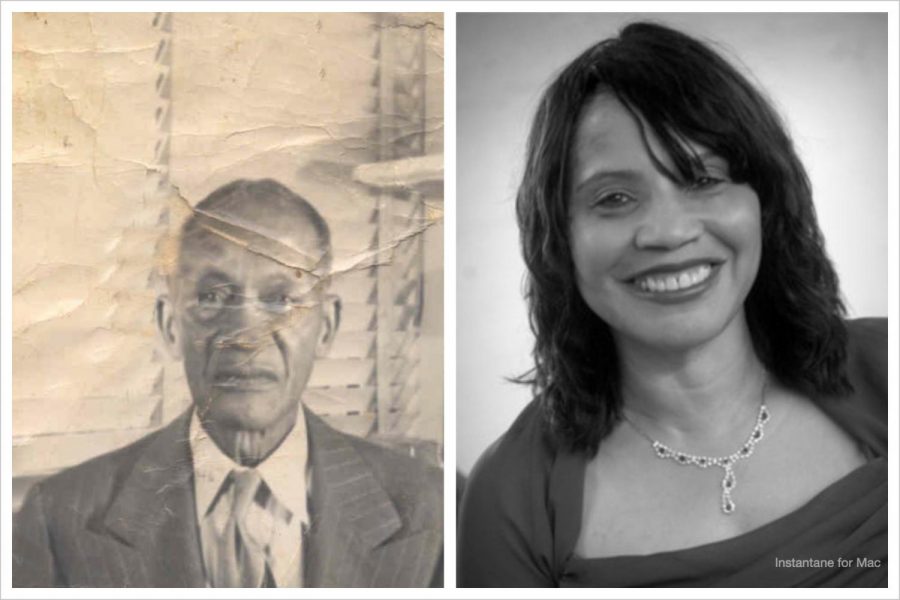
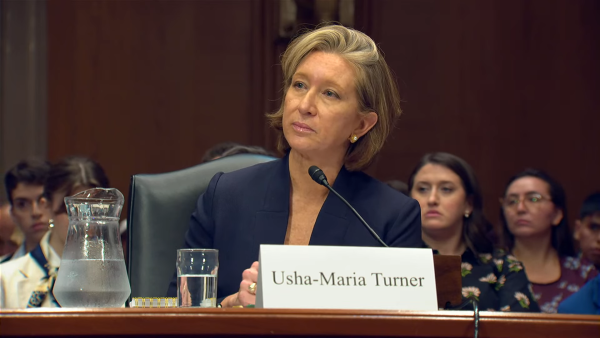
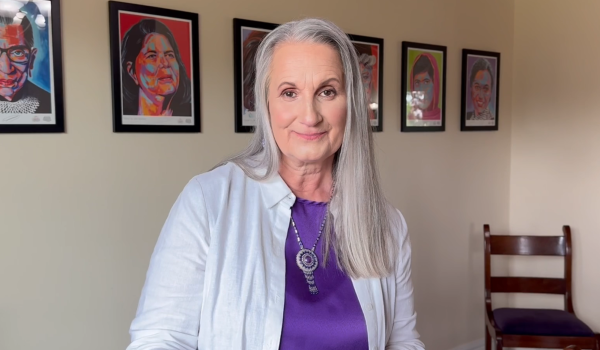
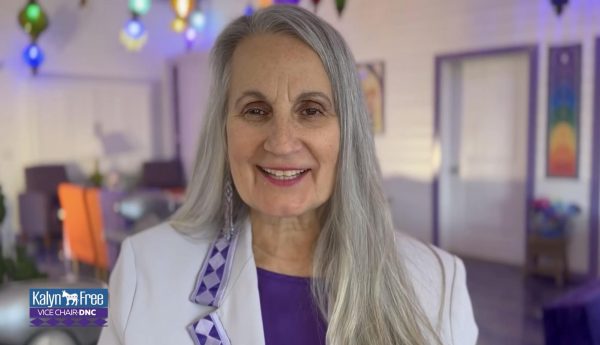
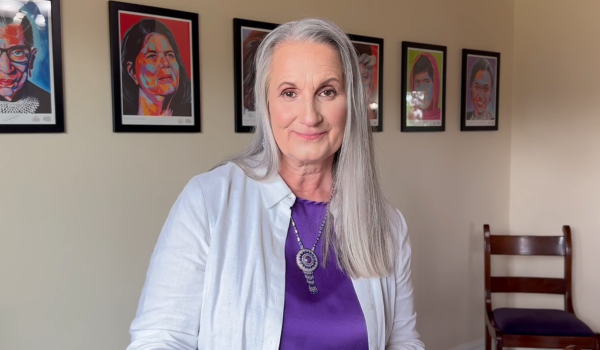
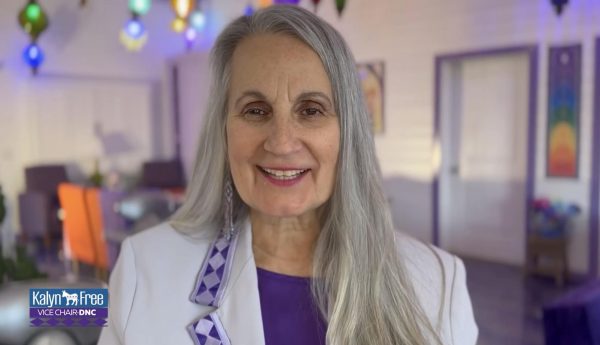
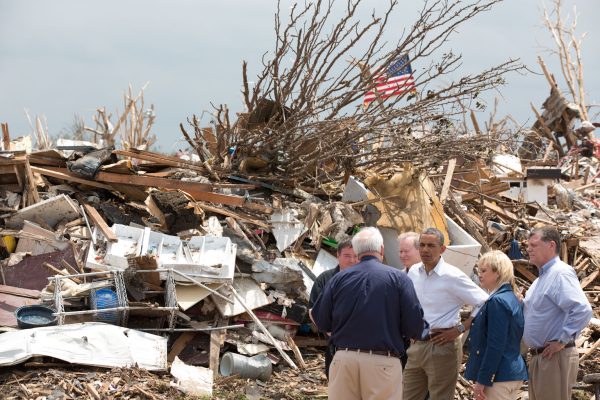

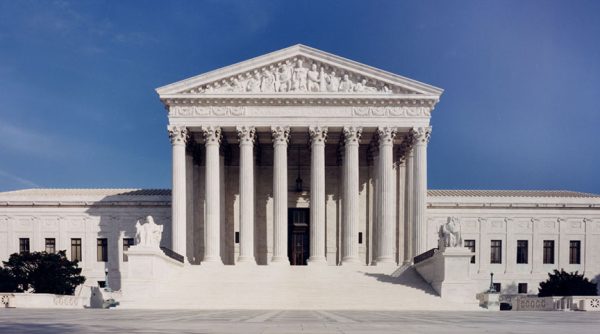
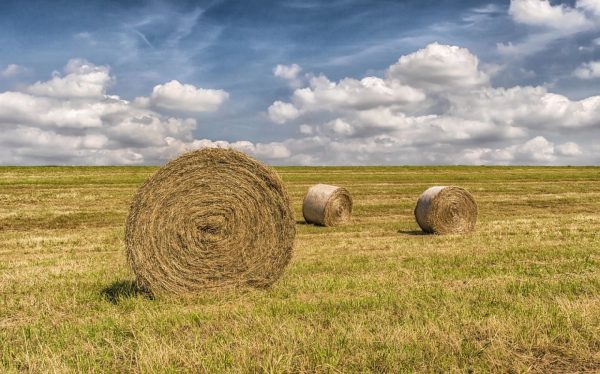
Ricky Burks • Nov 15, 2021 at 8:51 am
The Government should withhold all funding to the tribes until this legitimate issue with the Freedmen is resolved.